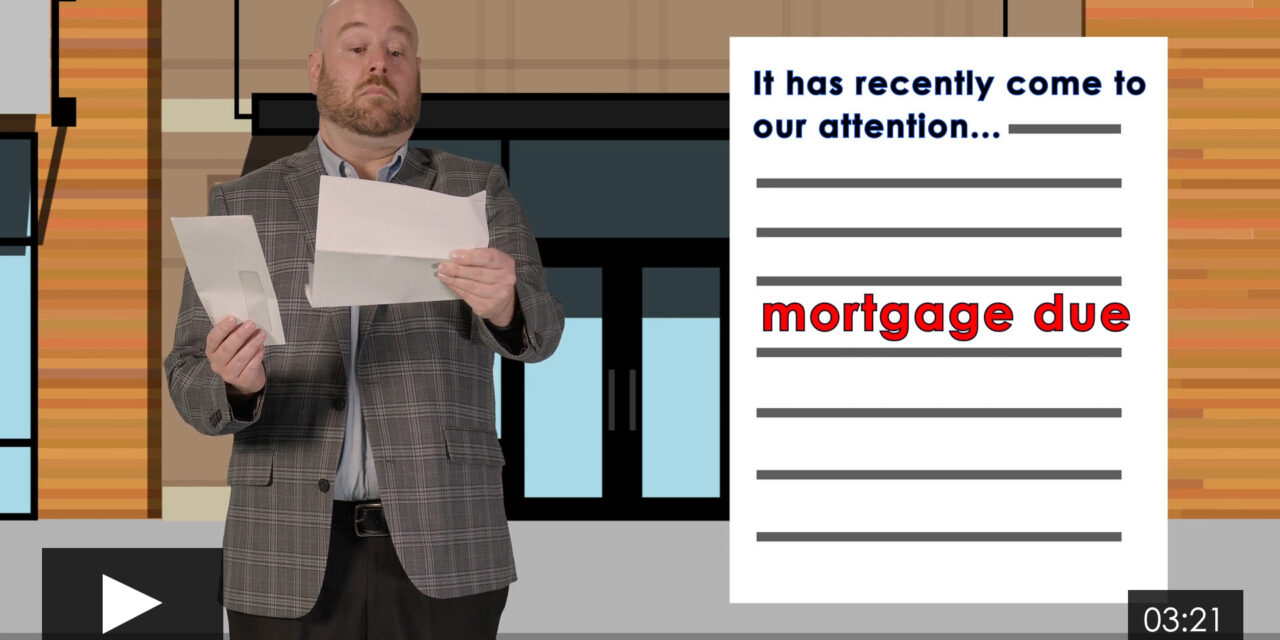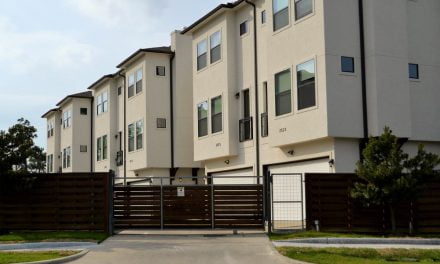This is the third episode in our new series dramatizing lender interference under the due-on clause in a trust deed during periods of rising interest rates. The prior episode brings to life the most common event triggering the mortgage holder’s due-on clause.
This episode covers the triggering of the due-on clause in a trust deed on entry into a lease with a term over three years, or for any term coupled with an option to buy.
The next episode covers triggering the due-on clause on a lease assignment or modification which extends the lease term beyond three years, or grants the tenant a purchase option.
It has recently come to our attention…
The typical event triggering the mortgage holder’s due-on clause is a sale of any property encumbered by the mortgage holder’s trust deed containing a due-on clause.
But a sale is hardly the only instance. The due-on clause includes an additional event – hazard – for income property owners.
Here, the due-on clause is also triggered by:
- a lease with a term over three years; or
- a lease for any term when coupled with an option to buy. [Tucker v. Lassen Savings and Loan Association (1974) 12 C3d 629]
Consider an owner constructing a commercial rental property who obtains a take-out commitment from a lender for permanent financing to pay off a construction loan.
Funding of the mortgage commitment is conditioned on the property being 80% occupied by tenants with an initial lease term of at least five years.
The owner locates tenants for 80% of the newly constructed property, all with a lease term of five years or more. As agreed, the lender funds the commitment which is secured by a trust deed containing a due-on clause. The existing five-year leases do not trigger the due-on clause in the trust deed. The long-term leases were entered into before the trust deed was recorded.
However, after obtaining the mortgage, the owner continues to lease out space in their property for five-year terms.
Later, when interest rates rise, a representative of the lender visits the property and observes the new tenants. The lender learns that some of the tenants recently entered into leases, or had their leases extended. The recently arranged leasing periods were greater than three years – lease terms granted by the owner after the mortgage was originated.
The lender sends the owner a letter informing them it is calling the mortgage due, payable in 30 days, since the owner entered into lease agreements which granted leasing periods exceeding three years without the lender’s prior consent.
The owner claims the lender cannot call the mortgage since long-term leases were initially required by the lender as a condition for originating the mortgage.
Can the lender call the mortgage due or demand a recast of its terms at current interest rates?
Yes! By requiring leases with terms over three years as a condition for originating the mortgage, the lender did not waive its right to call or recast the mortgage under its due-on clause when a lease with a term over three years is granted by the owner after the mortgage was originated.














